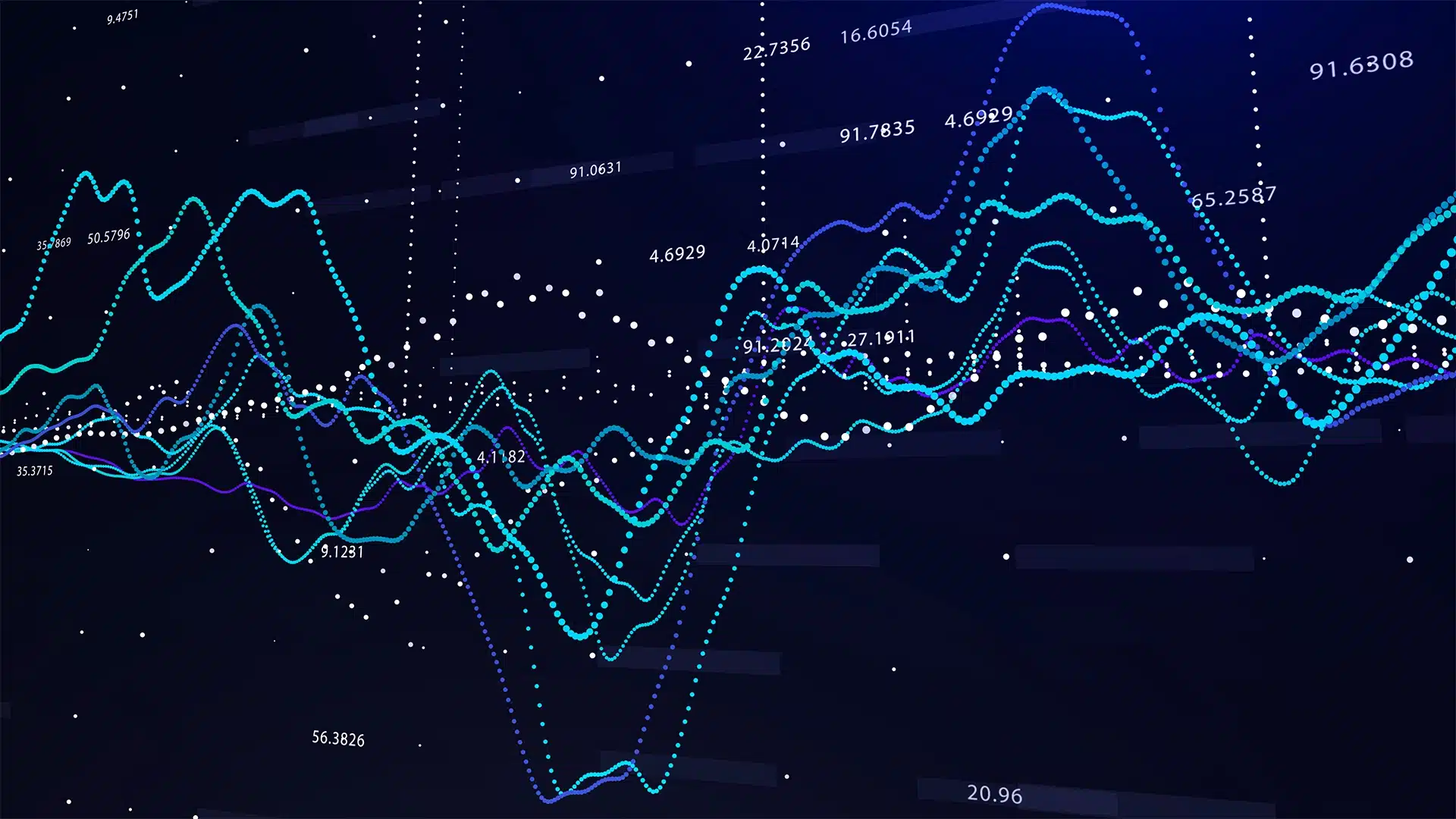
Newsletter Subscribe
Enter your email address below and subscribe to our newsletter

Enter your email address below and subscribe to our newsletter

Interest rates play a crucial role in managing recessions. This article explains why central banks often lower rates during downturns, how it influences borrowing and spending, and what it means for your financial decisions in tough economic times.
| Getting your Trinity Audio player ready... |
Have you ever wondered what really happens to interest rates when the economy slows down? When the headlines talk about recessions, do you find yourself asking how that affects your loans, savings, or investments?
The United States has experienced 12 recessions since World War II, each impacting interest rates and financial markets in unique ways. Understanding these shifts can empower you to make smarter financial decisions during uncertain times.
Recessions are a natural part of the economic cycle, representing periods when economic activity contracts before eventually recovering.
An economic recession is more than just a headline; it’s a period where economic activity contracts, affecting jobs, spending, and borrowing costs. Central banks play a crucial role during recessions by adjusting interest rates to stimulate growth or control inflation. They practice countercyclical monetary policy, which involves lowering interest rates to encourage borrowing and spending during economic downturns.
As you navigate your financial journey, knowing how interest rates behave during these downturns can help you plan your borrowing, investing, and saving strategies more effectively. Recessions also impact the stock market, often leading to volatility that can affect investments and retirement accounts.
An economic recession is a period of negative economic growth, typically defined as two consecutive quarters of decline in gross domestic product (GDP). Organizations like the NBER also consider other factors, such as employment, income, and consumer expenditures, when determining if a recession has occurred. The unemployment rate can double during a recession, indicating significant economic distress.
A recession is a sustained period when the economy shrinks, often marked by increased unemployment, reduced consumer spending, and slower business activity. The National Bureau of Economic Research (NBER) officially declares recessions in the U.S. by analyzing various economic indicators beyond GDP, including income, employment, and industrial production.
Economists and analysts watch for signs of an impending recession using various indicators, such as changes in the yield curve and shifts in bank lending behavior. During these times, the Federal Reserve System steps in to adjust monetary policy, primarily by influencing interest rates to help stabilize the economy. Its actions are also aimed at maintaining stability in the financial system during downturns.
Interest rates directly impact your ability to borrow money, the cost of your existing loans, and the returns on your investments. When interest rates fall during recessionary periods, borrowing becomes cheaper, which can encourage spending and investment, potentially speeding up economic recovery. However, lower rates can also mean reduced income from savings and fixed-rate investments. Historically, the economy typically grows when interest rates are low and declines when they are high.
Understanding these dynamics helps you:
Interest rates are influenced by multiple factors during a recession, including:
During recessionary periods, mortgage rates often fall, offering opportunities for home buying or refinancing. However, lending standards may tighten, so it’s important to note that home prices can also decline during recessions, which can impact both buyers looking for deals and current homeowners concerned about their property values. Additionally, consumers often reduce their household expenses during recessions due to uncertainty about income and employment.
To protect your financial health during a recession:
Whether you’re an entrepreneur or managing personal finances, consider these steps:
Interest rates play a pivotal role during recessions, influencing borrowing, spending, and investment decisions. The first quarter of a recession often sees the sharpest declines in economic activity and home prices, as was evident during the financial crisis of 2007-2008. This financial crisis led to major disruptions in the financial system and prompted significant changes in interest rate policy and financial regulation. During the Great Recession, U.S. real GDP fell by 4.3%, making it one of the deepest recessions on record.
The Great Recession and the most recent recession, such as the COVID-19 downturn, both resulted in substantial shifts in monetary policy and regulatory frameworks. Recessions are typically marked by higher unemployment, and even after the recession ended, recovery can be slow and challenging. The Great Recession was the longest economic downturn since the Great Depression, lasting 18 months from December 2007 to June 2009.
Economists closely monitor for signs of a potential recession, but predicting the next recession remains difficult due to the complexity of economic indicators and cycles. Tools like the so-called inverted yield curve are often used as predictors of economic downturns, though their reliability is debated. Significant psychological factors, such as waning confidence, can also contribute to the onset of a recession.
By staying informed, managing debt wisely, and adjusting your investment approach, you can navigate recessions with confidence and emerge financially stronger.
Interest rates typically fall during a recession as the Federal Reserve lowers the federal funds rate to stimulate economic activity and encourage borrowing.
Mortgage rates often decline during recessionary periods, making home buying and refinancing more affordable. However, lending standards may become stricter.
Taking on new debt during a recession can be risky. If borrowing is necessary, look for lower rates but carefully consider your ability to repay, especially if interest rates rise later.
The Federal Reserve Bank adjusts monetary policy, primarily by setting the federal funds rate, to influence interest rates and support economic growth during recessions.
Diversify your investments, focus on safer assets, and stay informed about economic conditions to manage risk during economic downturns.
The National Bureau of Economic Research declares the end of a recession after economic indicators show sustained improvement, but this can be several months after the actual recovery begins.